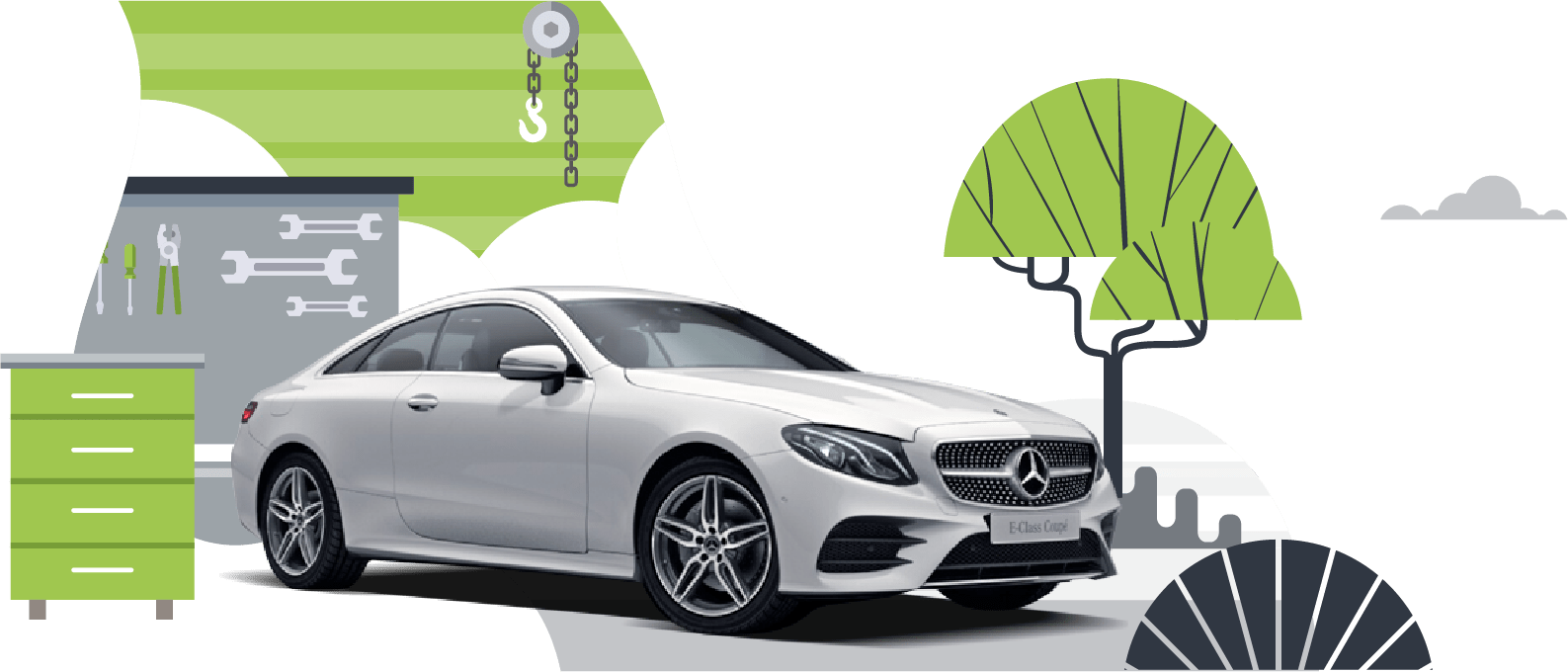Are light bulbs covered under car warranty?
With around 5,000 parts in a modern car, there’s clearly a lot that can go wrong. That’s why it’s important to know what’s covered by a warranty and anything that is specifically excluded. Many parts are more liable to break or wear out than others and these will be listed under the terms of the warranty. The lists of what’s covered and what’s not can differ from one warranty provider to another.
Some major items will always be included. If they become faulty it’s clearly more serious than simple wear and tear and they will be replaced as a matter of course. When it comes to other component parts, it’s not quite so straightforward.
It’s worth checking whether you’ll be able to claim for parts that have simply worn out. There’s uncertainty over some parts, which is why it’s common to ask ‘are light bulbs covered under car warranty?’
Light bulbs are something of a grey area and they may be covered in some cases but not in others. Some warranties will specifically list them in items that are covered, others will have them on a list of exclusions. The type of light bulb can be a factor, with some more susceptible to faults and therefore more likely to be excluded. In many cases, the decision whether to replace bulbs will depend on what caused the damage. Wear and tear, breakage caused by reckless driving, and damage caused by factors such as the weather will not be covered in most cases.
Some warranty providers may deem light bulbs to be consumable items, meaning they are expected to break at some point. If the paperwork suggests this is the case, you won’t be able to make a claim. This brings them into line with other components that are expected to wear out over time, such as tyres, brakes and clutches. However, if they are judged to have become faulty sooner than would normally be the case, the warranty provider will probably accept that this is evidence of a mechanical fault and is likely to consider a claim for them to be replaced.
What parts are normally covered?
You’ll find that some parts are covered regardless of whether you extend the manufacturer’s warranty, arrange it through the dealership, or shop around to find the best deal for your circumstances and your budget. Key components will be replaced if they fail during the period of cover. However, the cover can vary from one provider to another so it’s worth checking the small print of individual policies to make sure it’s what you’re looking for.
Items such as the engine, gearbox and oil seals will be fully covered. Electrics and air conditioning systems are also normally included in a typical warranty. Many of the companies that provide this form of protection will also agree to replace faulty parts that need to be replaced in pairs, such as brake discs and hydraulic shock absorbers, even if only one of the two has failed. This is what is generally referred to as good engineering practice.
What’s excluded?
The paperwork will have a list of items that are specifically excluded. If these parts fail, it will be your responsibility to replace them. For most warranties, the exclusions will include non-mechanical and non-electrical parts. A warranty also won’t cover any modifications to the car, so you should think twice before adding any features that make the vehicle non-standard. Typically, claims will also be rejected if they relate to damage to extras such as roof racks, tow bars, or racks used for carrying bikes.


